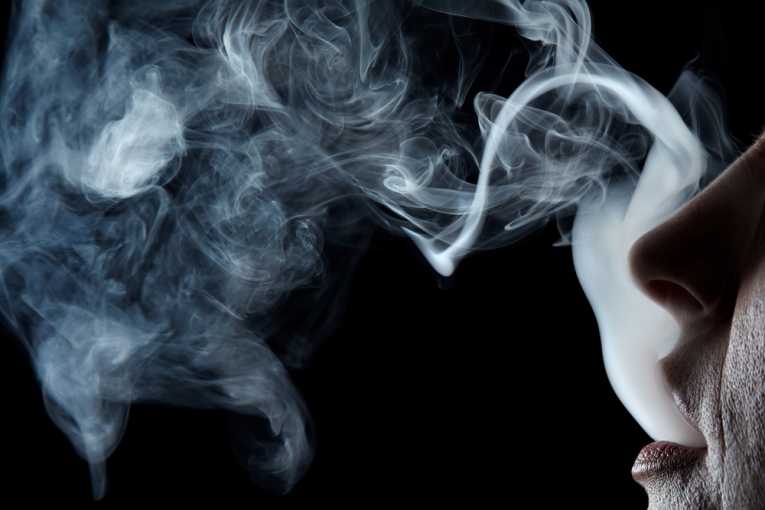Children exposed to passive smoking risk in long-term health problems even if they turn out to be non-smokers, a new study claims. Research over more than 30 years has been carried out into how respiratory problems can be caused by breathing in other people's smoke, especially children of smokers.
Now, a new study from American researchers shows the dangers of coughing and wheezing from passive smoking go on beyond childhood, even if the youngsters never smoke themselves.
The study, conducted by University of Arizona (UoA) researchers, is being discussed at the American Thoracic Society (ATS) International Conference, which is being held in San Francisco.
Juliana Pugmire, MPH, DrPH., a research specialist from UoA says, "This study shows that exposure to parental smoking increases the risk of persistence of respiratory symptoms from childhood into adulthood independent of personal smoking.
"Persistent respiratory illness in childhood and young adulthood could indicate an increased risk of chronic respiratory illness and lung function deficits in later life."
Even though many children around the globe are exposed to Environmental Tobacco Smoke (ETS), primarily because of their parents smoking, few students have been conducted into long-term problems.
Dr Pugmire says some studies investigated whether children with asthma whose parents smoked suffered problems as adults, but most found no link.
The UoA study not only looked at asthma but other breathing problems and discovered that parental smoking had strong links with coughs and chronic coughs that lasted into adulthood. It also had weaker associations with asthma and wheezing.
The study examined data from the Tucson Epidemiological Study of Airway Obstructive Disease (TESAOD), which lasted from 1972-1996. It involved 3,805 people from 1,655 households who filled in biennial questionnaires. The aim was to assess the prevalence and risks of respiratory diseases and other health issues.
The UoA researchers were particularly interested in 371participants who were aged under 15 during TESAOD, and their parents' smoking habits. They investigated incidents of asthma, wheezing, coughing and persistent coughing, which lasts more than three months.
They then split the data into those who had no symptoms at all, those with issues as adults, but not children, those with problems in childhood, but not as adults and individuals with health problems as children and adults.
They found that more than half the children, (52.3%) were affected by ETS from up to 15 years. After allowing for age, sex and how much the individual was exposed to smoking, the study found that exposure to ETS was associated with various on-going respiratory problems, such as persistent wheezing, coughing and chronic coughing.
Wheezing which begins in a child and lasts until adulthood is linked to lung function problems. Thos with a chronic cough with phlegm - bronchitis - have a high risk of developing chronic obstructive pulmonary disease (COPD) later on, says Dr Pugmire.
Researchers in future plan to look into the effects of personal smoking and exposure to parental smoking and the risks of COPD, ill health and life expectancy in middle-aged and elderly adults.
The study's full title is Respiratory Health Effects Of Childhood Exposure To Environmental Tobacco Smoke In Children Followed To Adulthood.
The ATS aims to improve the world's health by advancing research, clinical care and public health in respiratory disease, critical illness and sleep disorders.










